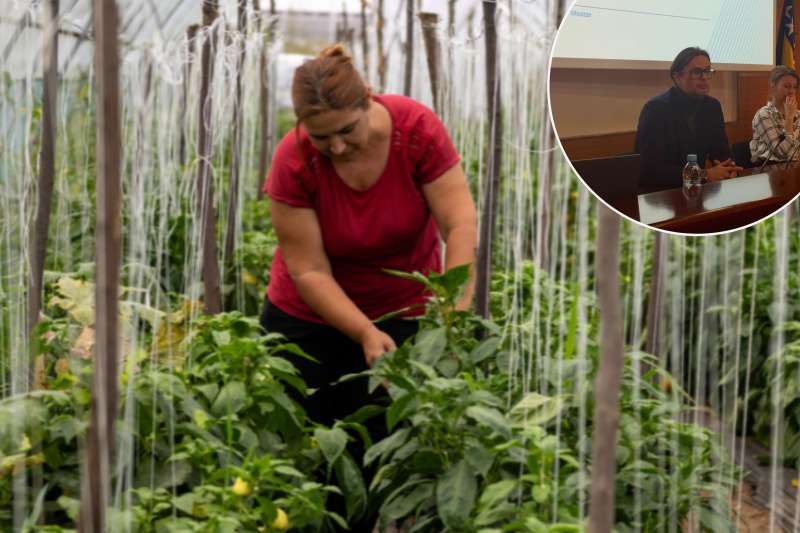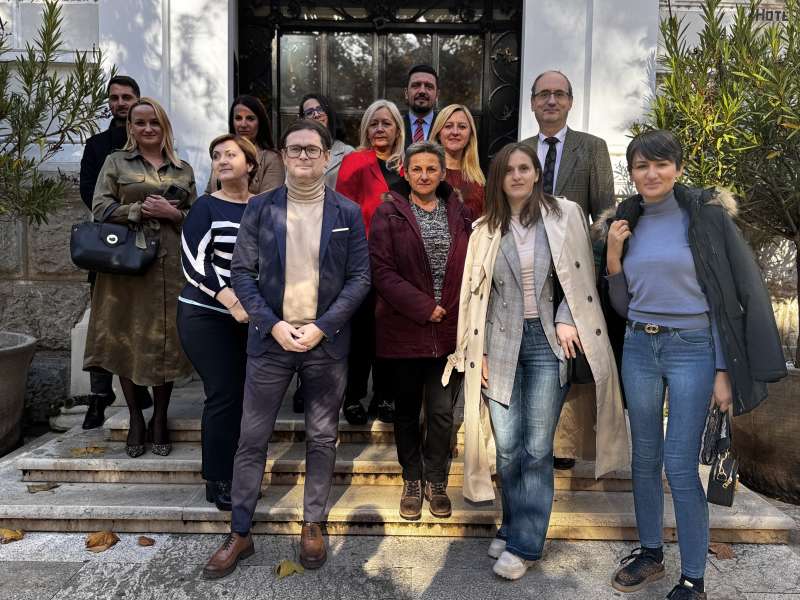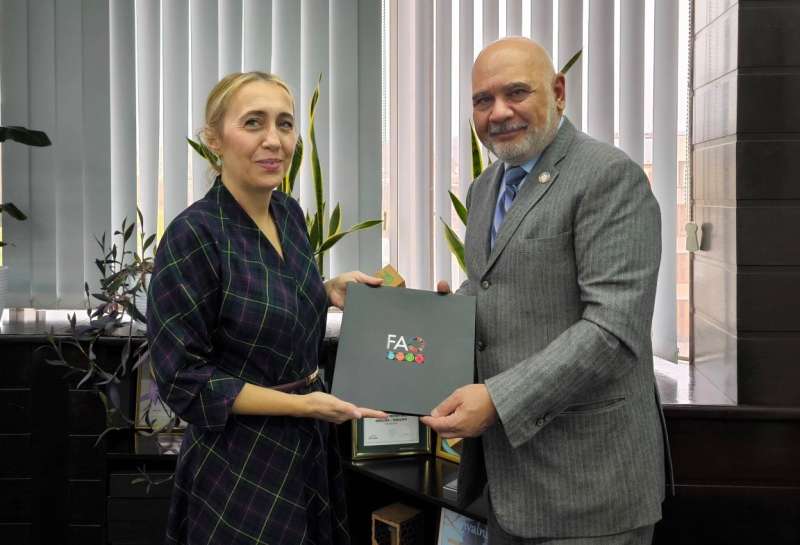SARAJEVO/RIM, August 26 (FENA) - Exports from Ukraine have resumed, and although they are still lower than before the war started and in comparison with last year, it is sending a signal that it is possible for supplies from Ukraine to reach world markets, Monika Tothova, economist of the Food and Agriculture Organization (FAO), said in an interview for FENA regarding the current situation on the global food market caused by the war in Ukraine, drought and the energy crisis.
"More generally, markets still remain quite tight, and any shock – would it be weather, conflict, or any other – will introduce a certain degree of uncertainty to the markets, and possibly put upward pressure on the prices. It is also important to recall the relationship between energy prices and agricultural commodity prices: energy is an important input to agricultural production," Tothova said.
"Fertiliser prices remain at very high levels – also supported by energy prices. With high prices, farmers might be using fewer fertilisers, with a negative impact on yields – decreasing future production," she said.
Asked to comment on media reports about the intensity of the drought in China and how it may affect supply chains, the FAO economist confirmed that some parts of China are going through a severe drought, but that not all crops are equally affected by this calamity.
"Winter wheat, for example, was already harvested. For grains, including wheat, heatwave and droughts are the most damaging in the grain filling stage. Later, high temperatures will have some impact on the harvest, but not as dramatic as in the grain filling stage. Thus, a more significant effect will be seen on crops harvested in summer and autumn, such as rice and soybeans," said Tothova.
When asked how much such a situation in China will affect its food imports and supply chains for other countries, Tothova said that China is already a large importer of agricultural goods and that "it holds a sizeable amount of stocks of agricultural commodities on which it could also draw, so it does not mean the lower production would necessarily be compensated in its entirety on the international markets."
"But, increased purchases would create an additional demand – and depending on other factors in play, including harvest sizes elsewhere, export availabilities on the world markets, etc – could put upward pressure on the markets. In the case of soybeans, for example, global output is forecast to increase to a record large production in Brazil – and despite a smaller production in the United States. Thus, the impact is quite crop-specific," explained the FAO economist.
Speaking about the crisis and its impact on third-world countries, some of which have long-term problems with access to food, Tothova reminded that last year there was a new spike in hunger around the world.
"According to the Global Report on Food Crises, in 2021, around 193 million people in 53 countries/territories experienced high acute food insecurity, an increase of 40 million people since 2020. Conflict, often in combination with economic and natural shocks, touched about 139 million people in 2021. Three of the four countries experiencing catastrophic levels of acute hunger were affected by conflict," said Tothova.
In the continuation of the conversation, she emphasized that the problem of food security in many countries began to worsen long before the start of the war between Russia and Ukraine, because the COVID-19 pandemic had a negative impact on people's incomes, and food prices were already high.
"Food security outcomes in many countries were deteriorating well before the war started, as COVID-19 pandemic impacted livelihoods, and food prices were already high. However, the war in Ukraine restricted exports and added additional uncertainty to the markets putting upward pressure on prices. Shipping costs also increased. While international prices have declined from their peaks in March 2022, they still remain elevated, and increased supply on the international markets has not yet translated into lower prices," explained the economist.
She notes that globally, the key aspect is to maintain trade flow: various export restrictions are adding additional uncertainty to markets and putting upward pressure on prices.
"In the long term, the basic principle remains a sustainable increase in agricultural production and better use of existing resources. FAO is helping farmers achieve just that. People affected by food access crises need more urgent humanitarian assistance, including food or livelihood assistance," concluded the FAO economist Monika Tothova in an interview with FENA.
(FENA) L. N.













